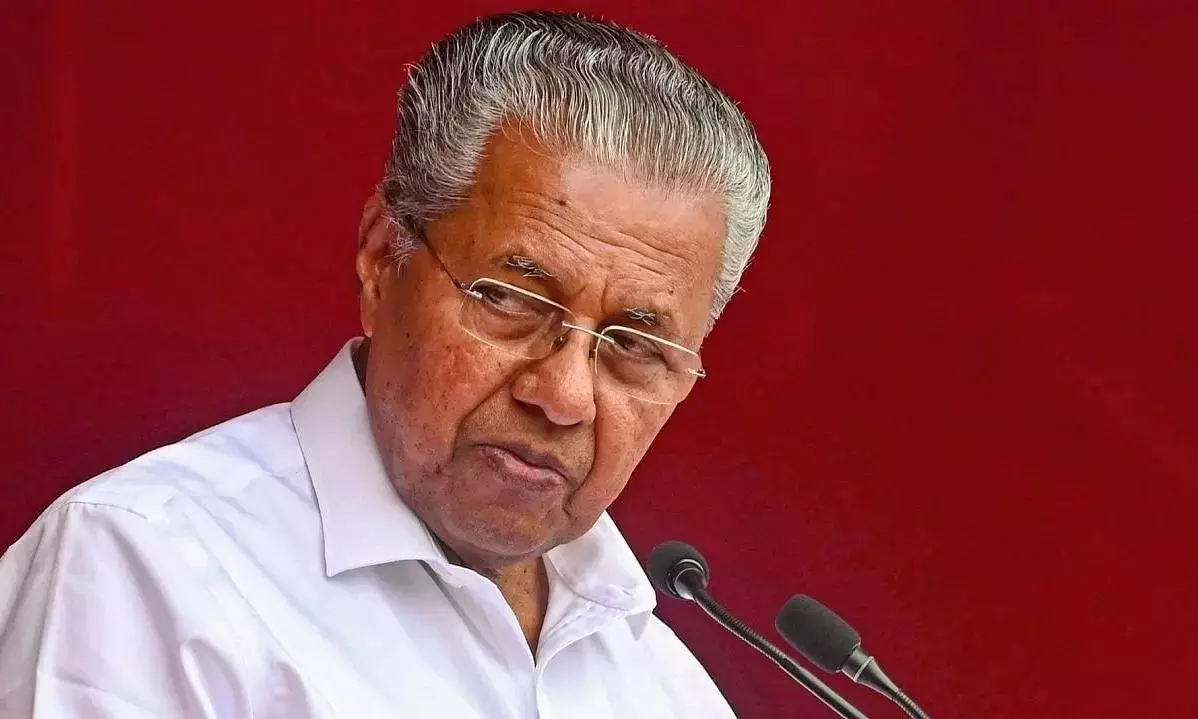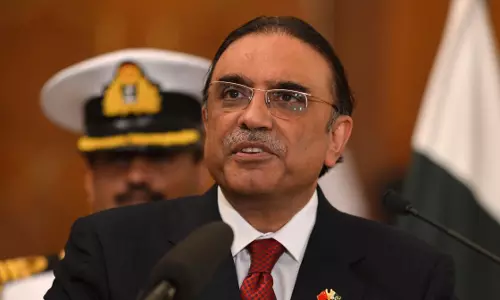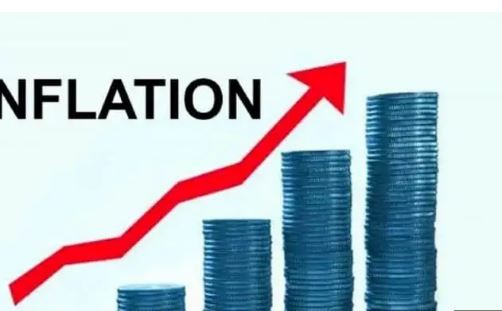
Government alerts to potential rise in inflation in the coming months
text_fieldsNew Delhi: India's retail inflation surged to a 15-month high of 7.4% in July, prompting concerns over its potential persistence in the months ahead. The finance ministry's July Monthly Economic Review report has raised alarms about re-emerging inflationary pressures, attributing the spike to a combination of global disruptions and domestic factors.
The report emphasized the need for heightened vigilance by both the government and the Reserve Bank of India (RBI) in response to the evolving inflation trends. While the nation's consumption and investment demand continue to drive growth, uncertainties on a global and regional scale, as well as domestic disruptions, are anticipated to sustain elevated inflation pressures.
The report singled out deficient monsoon rains in August as a potential exacerbating factor. However, the government has already taken pre-emptive measures to curtail food inflation, which is projected to alleviate price pressures as fresh supplies reach the market. The external sector also warrants careful observation to bolster merchandise export growth in the face of waning global demand.
In terms of specific inflation drivers, the report pointed to disruptions both on the global front and within the country. It cited the impact of disruptions on food commodities, such as cereals, pulses, and vegetables, which significantly contributed to the inflation surge. Notably, these categories saw double-digit growth in July compared to the same period the previous year.
Domestic production hiccups further intensified inflationary pressures. Supply chain interruptions caused by factors like the white fly disease in Karnataka's Kolar district and swift monsoon onset in northern India caused spikes in tomato and tur dal prices, respectively.
The report, however, forecasted a potential cooling of food inflation, predicting that the recent price hikes of specific items would likely be transient. It anticipated a decline in tomato prices with the arrival of fresh stocks by the end of August or early September. Additionally, increased imports of tur dal were projected to moderate pulses inflation, supported by recent government efforts.























